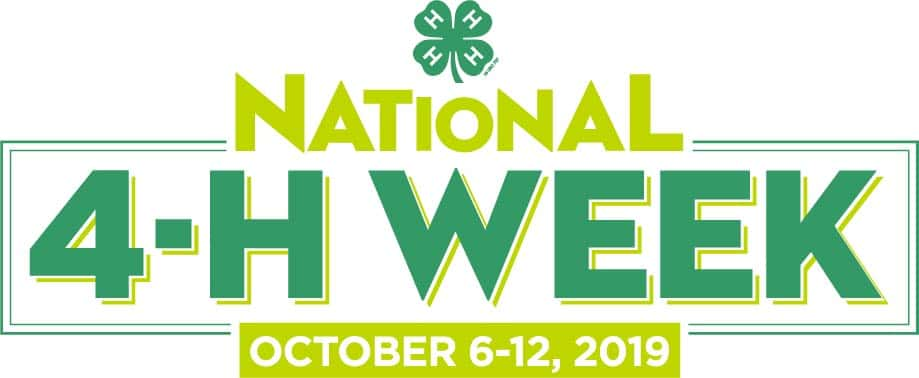
FARGO, N.D. (NDSU Extension) – 4-H provides hands-on, real-life learning experiences through projects, activities and events, including after-school, school enrichment, camping and leadership opportunities.
North Dakota’s 4-H program is available to all youth, even if they are not 4-H members, and is offered in every county in the state. The 4-H program, which North Dakota State University Extension conducts, also is the largest and only research-based youth organization in the state.
4-H’ers in North Dakota are joining youth across the U.S. in celebrating National 4-H Week, which runs Oct. 6-12.
“This year’s National 4-H Week theme is Inspire Kids to Do and is a nice complement to North Dakota 4-H’s current priorities related to learning and leading,” says Brad Cogdill, chair of NDSU Extension’s Center for 4-H Youth Development.
“Through their 4-H experiences, youth learn and lead by doing things, expressing their ideas and growing from their successes and their failures,” Cogdill adds. “Adult mentors are there to provide guidance and support to achieve positive outcomes. Our program priorities are in science, technology, engineering and math (STEM), civic engagement and healthy living.”
North Dakota Gov. Doug Burgum recently signed a proclamation naming Oct. 6-12 to be 4-H Week in North Dakota. The proclamation highlights the 4-H mission, which is to create supportive learning environments for all youth and adults to reach their full potential as capable, competent and caring citizens. The proclamation also recognizes the youth, adults and Extension staff involved in the 4-H program.
Nearly 24,000 youth participate in 4-H in North Dakota.
A seven-year study identified several benefits of being involved in 4-H. For example, the study found that compared with their peers, youth participating in 4-H programs excel in several areas. These youth are:
- Four times more likely to make contributions to their communities
- Two times more likely to be civically active
- Two times more likely to participate in science programs
- Two times more likely to make more healthful choices
“These attributes help youth be well prepared for life and work,” Cogdill says.
